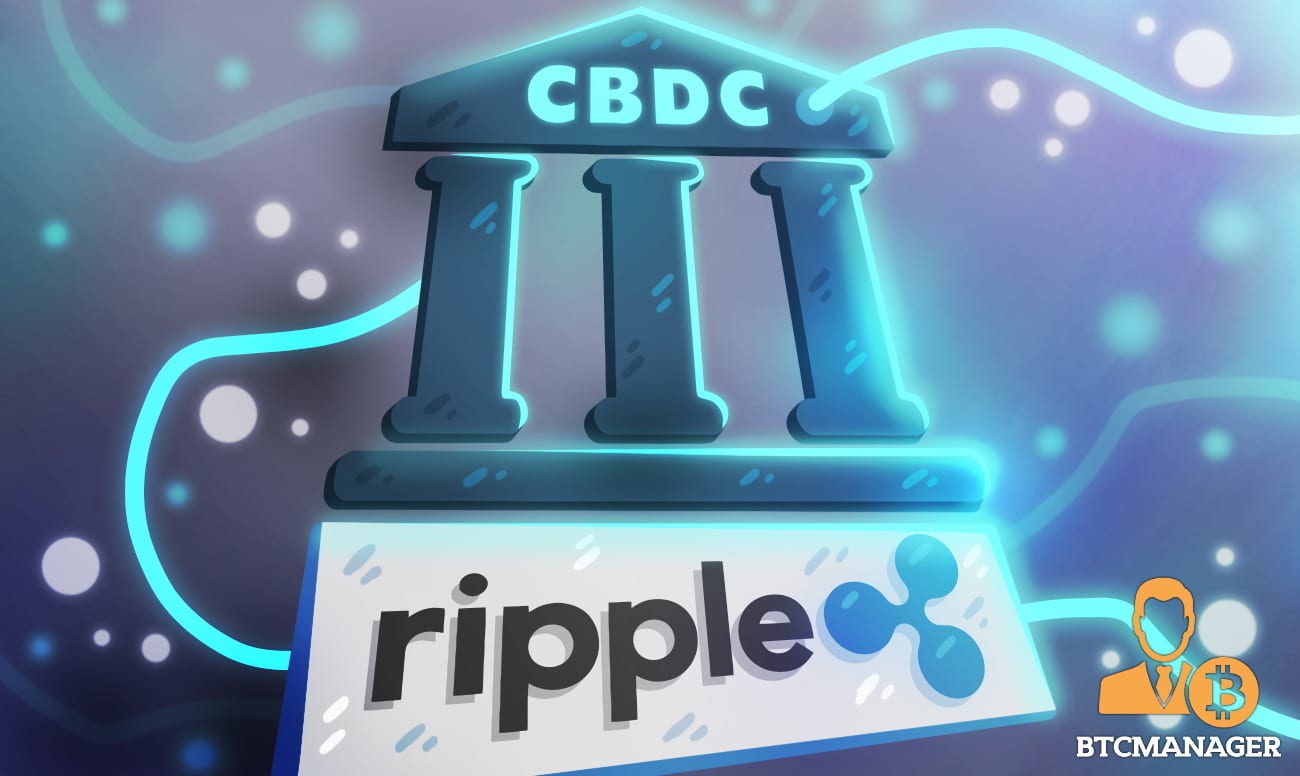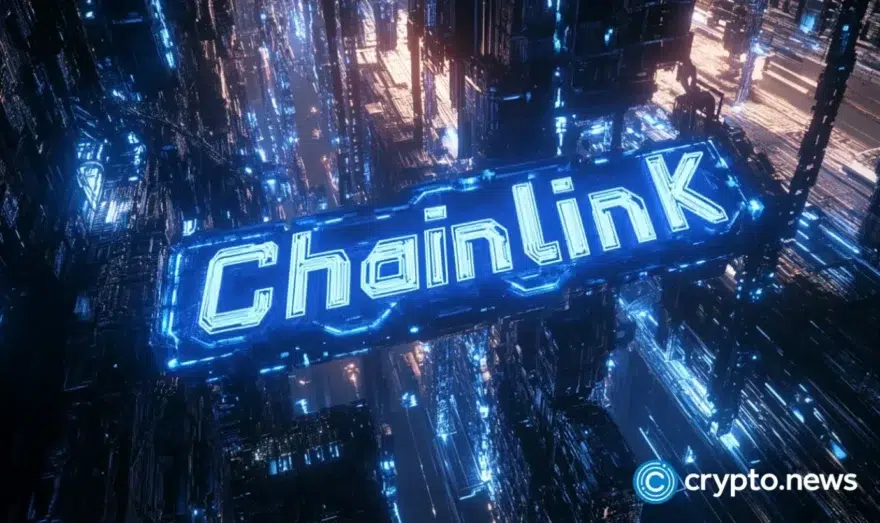Embattled Ripple Developing CDBC Payments Solution

Ripple has revealed in a blog post on March 3, 2021, that it’s piloting a private version of its XRP Ledger blockchain network. The solution is designed to function as a secure, permissioned, and flexible infrastructure for the issuance of central bank digital currencies (CBDCs).
Ripple Developing CBDC Solution
As bitcoin (BTC) and altcoins have exposed the inefficiencies of existing traditional financial systems, especially when it comes to superfast, frictionless and cost-efficient cross-border payments, central banks across the world are now working tirelessly to join the digital revolution via CBDCs.
According to the Bank of International Settlements (BIS), more than 80 percent of apex banks across the globe are working on one form of digital currency project or the other and Ripple, the highly controversial San Francisco-based financial heavyweight is now aiming to create a private blockchain infrastructure that will facilitate the issuance of these sovereign digital assets.
In its blog post, Ripple argues that a good number of existing blockchain networks are not built for payments and as such, cannot handle the large transaction volumes that a successful national CBDC will demand.
The firm claims its network is 61,000 times more efficient than proof-of-work blockchains and is compatible with RippleNet and Interledger protocols, making it suitable for micropayments and ultra-high throughput transactions.
Ripple wrote:
“Distributed ledger technology will be the foundation for most CBDCs, just as it is for today’s cryptocurrencies. While Central Banks can tap into existing blockchains to get CBDCs up and running quickly, most ledgers are not built for payments and cannot handle the volume of transactions that a successful retail CBDC will require.”
Private XRP Ledger for CBDCs
Notably, Ripple claims its XPRL Ledger, the blockchain powering the XRP altcoin, has facilitated the issuance of over 5,400 currencies in the past eight years and its CBDC infrastructure will be based on a “controlled” version of the ledger dubbed the CBDC Private Ledger.
Ripple says its CBDC Private Ledger is capable of handling tens of thousands of transactions per second, with the potential to scale to hundreds of thousands of TPS in the near future.
While Ripple’s technology may be robust enough to power CBDCs, the firm’s ongoing battle with U.S. regulators remains a major stumbling block for the adoption of its proposed Private CBDC Ledger, as heavyweights such as Mastercard, and R3, among others, are also developing CBDC solutions.
The U.S. Securities and Exchange Commission (SEC) has since sued Ripple, its CEO Bradley Garlinghouse and co-founder Christian Larsen for selling unregistered securities to XRP investors during its ICO that raised over $1 billion.
Interestingly, in a court filing on March 4, 2021, Ripple accused the Securities and Exchange Commission of being partial in its regulation and has vowed to file a motion to dismiss SEC’s revised complaint.
“The SEC’s filling, based on an overreaching legal theory, amounts to picking virtual currency winners and losers as the SEC has exempted Bitcoin and Ether from similar regulation,” Ripple argued.














